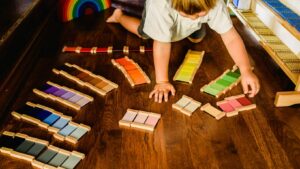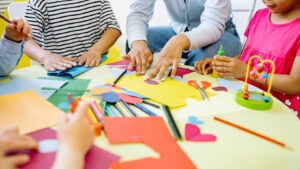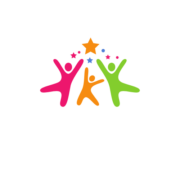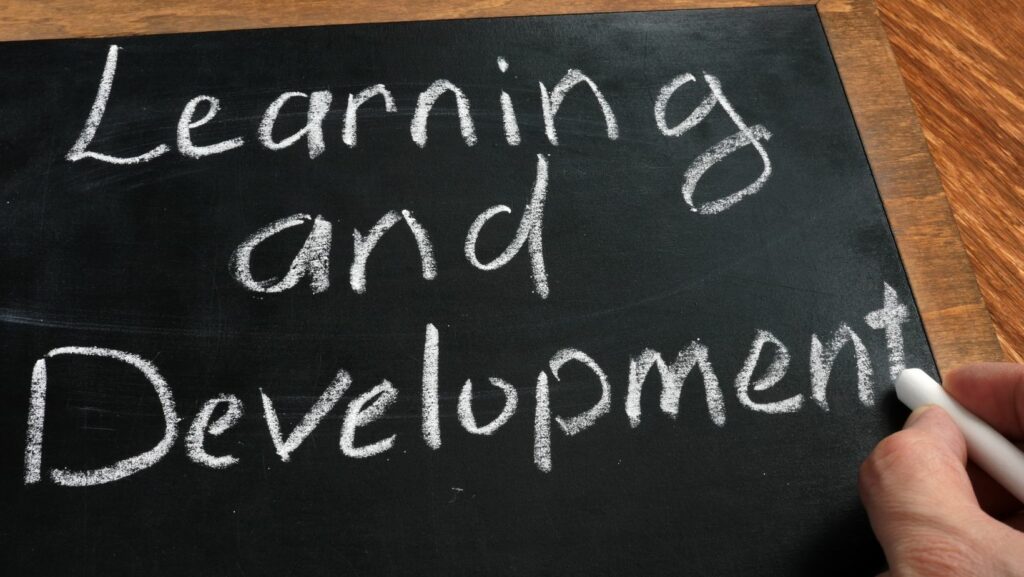At four years old, children are bursting with curiosity and energy, making it the perfect time to introduce engaging learning activities. This age marks a crucial stage in their development, where they begin to explore the world around them through play and hands-on experiences. Parents and caregivers can harness this natural enthusiasm to foster creativity, critical thinking, and social skills.
Incorporating fun and educational activities into daily routines can significantly enhance a child’s learning journey. From interactive games to arts and crafts, these activities not only support cognitive growth but also help develop fine motor skills. By providing a stimulating environment, children can thrive as they embark on their adventure of discovery and learning.
4 Year Old Learning Activities
Engaging in various learning activities supports the cognitive and social development of four-year-olds. These activities promote essential skills through play, creativity, and exploration.
Interactive Games
-
Memory Match: Use a set of cards featuring animals or shapes. Players take turns flipping two cards, aiming to find matching pairs.
-
Simon Says: This game helps with listening skills and following directions. One person gives commands, and players only act if “Simon says” first.
-
Obstacle Course: Set up a simple course using pillows, chairs, and other items. This aids in gross motor skills while providing a fun challenge.
Arts and Crafts
-
 Collage Making: Provide various materials like magazines, colored paper, and glue. Children create unique collages, enhancing fine motor skills and creativity.
Collage Making: Provide various materials like magazines, colored paper, and glue. Children create unique collages, enhancing fine motor skills and creativity. -
Finger Painting: Use non-toxic paints to encourage self-expression. This activity fosters creativity and sensory exploration.
-
Nature Art: Collect leaves and flowers outdoors, then create art by gluing them onto paper. This activity promotes environmental awareness and creativity.
Storytime and Literacy
-
Read-Aloud Sessions: Choose age-appropriate books. Reading aloud helps with language development and comprehension skills.
-
Story Creation: Encourage children to make up stories using picture prompts. This enhances imagination and narrative skills.
-
Alphabet Games: Use magnetic letters or flashcards to engage in letter recognition and phonics activities. This supports early literacy skills.
Physical Activities
 Physical activities facilitate gross motor skill development and promote healthy habits. Outdoor games like tag or hopscotch encourage movement and coordination. Simple obstacle courses develop balance and spatial awareness. Dance activities integrate music and rhythm, improving coordination and endurance. Group sports foster teamwork and communication skills, enhancing social interaction among peers.
Physical activities facilitate gross motor skill development and promote healthy habits. Outdoor games like tag or hopscotch encourage movement and coordination. Simple obstacle courses develop balance and spatial awareness. Dance activities integrate music and rhythm, improving coordination and endurance. Group sports foster teamwork and communication skills, enhancing social interaction among peers.
Cognitive Activities
Cognitive activities stimulate critical thinking and problem-solving abilities. Puzzles and shape sorters introduce basic concepts of geometry and spatial awareness. Memory games boost concentration and memory retention. Simple science experiments, such as growing plants or exploring magnets, spark curiosity and nurture scientific thinking. Storytelling activities and language games enhance vocabulary and comprehension skills.
Benefits Of Engaging In Learning Activities
Engaging four-year-olds in learning activities provides a host of developmental advantages. These activities significantly enhance social skills and emotional growth, equipping children with essential tools for their interactions and self-awareness.
Social Skills Development
 Participating in structured learning activities fosters social skills. Children learn to communicate effectively through play and group dynamics. They practice sharing, turn-taking, and cooperation during interactive games like Memory Match and Simon Says. Role-playing scenarios encourage them to understand different perspectives, leading to improved empathy. Group projects enhance teamwork by promoting collaboration and problem-solving strategies, laying a foundation for successful relationships throughout their lives.
Participating in structured learning activities fosters social skills. Children learn to communicate effectively through play and group dynamics. They practice sharing, turn-taking, and cooperation during interactive games like Memory Match and Simon Says. Role-playing scenarios encourage them to understand different perspectives, leading to improved empathy. Group projects enhance teamwork by promoting collaboration and problem-solving strategies, laying a foundation for successful relationships throughout their lives.
Emotional Growth
Learning activities also contribute to emotional growth. Through creative tasks such as arts and crafts, children express their feelings and thoughts, boosting self-confidence. Completing a challenging puzzle or art project instills a sense of accomplishment, fostering resilience. Social interactions during group activities help developing emotional regulation as children learn to manage wins and losses gracefully. This emotional intelligence is crucial for navigating friendships and challenges in later years. Incorporating play-based learning is key as it aligns with their natural curiosity. Look for opportunities that allow for exploration and hands-on experiences. Lastly ensure that activities promote social interaction as this age is crucial for building relationships and communication skills. By choosing thoughtfully designed activities caregivers can create a rich learning environment that nurtures every aspect of a child’s growth.

